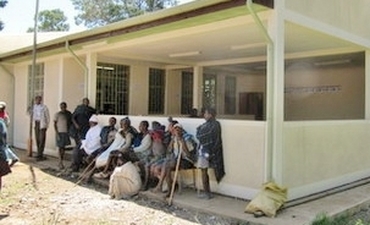
For Clinic at a Time, a shelter at the Bichena clinic is only a beginning. Current priorities include providing inexpensive medicines and vitamin supplements to prevent and treat common illnesses, as well as supplying families with insecticide-treated bed nets to prevent malaria, which is transmitted by mosquitoes. Yayehyirad also envisions an additional room at the Bichena clinic where community health educators can offer classes on topics like HIV prevention, nutrition and water sanitation, healthy pregnancy and childbirth, and caring for newborns. She plans to visit Gojjam regularly to observe how projects are improving residents' lives, and meet with community members to identify additional health needs.
Another need Yayehyirad would like to address is patient transportation. To get to the clinic, a sick person must currently either walk there herself or be carried there on a wooden bed by family members or neighbors. The journey is exhausting for all involved, and the carriers - usually subsistence farmers, who make up about 80 percent of Ethiopia's workforce - lose days of work.
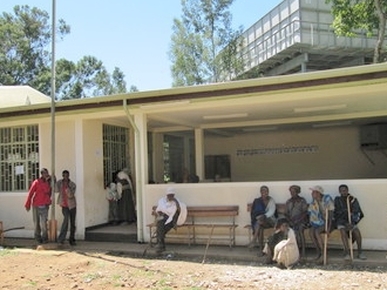
"It's very hard to imagine for people in the U.S.," Yayehyirad says of the health situation in Ethiopia. Her four children - a three-year old son, 13-year-old twin boys and an 18- year-old daughter - often remind her of this fact. "Sometimes they just think I am making things up to make them appreciate what they have," she says with a laugh that conveys maternal exasperation.
For the longest time, Yayehyirad thought she would have to wait until she had raised her children before she could get involved in an organization that helped people back home. "But when you see the problem, you just can't wait. How many people are going to die between now and when we provide them with all those necessary things? I carry that all the time, especially when I go to work. It's always with me."
For the longest time, Yayehyirad thought she would have to wait until she had raised her children before she could get involved in an organization that helped people back home. "But when you see the problem, you just can't wait. How many people are going to die between now and when we provide them with all those necessary things? I carry that all the time, especially when I go to work. It's always with me."
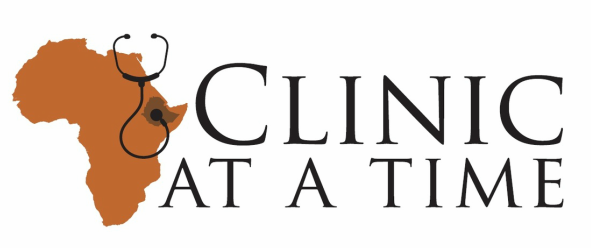
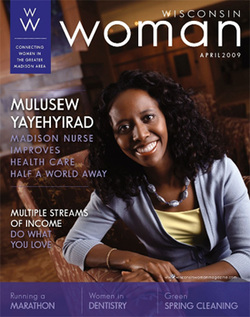
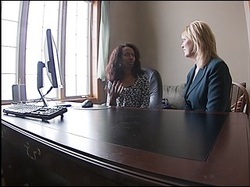
 RSS Feed
RSS Feed